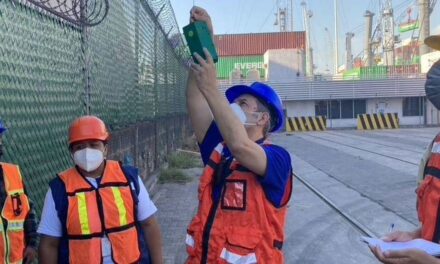![]()
![]()
![]()
![]()
![]()
![]()
More people die each year from cardiovascular diseases than from any other cause. Over three-quarters of heart disease and stroke-related deaths occur in low-income and middle-income countries. Hypertension – or elevated blood pressure – is a serious medical condition that significantly increases the risk of heart, brain, kidney and other diseases. Hypertension can be defined using specific systolic and diastolic blood pressure levels or reported use of antihypertensive medications. An estimated 1.4 billion people worldwide have high blood pressure, but just 14% have it under control. However, cost-effective treatment options do exist.In this guideline, the World Health Organization (WHO) provides the most current and relevant evidence-based global public health guidance on the initiation of treatment with pharmacological agents for hypertension in adults. The recommendations target adult, non-pregnant patients who were appropriately diagnosed with hypertension and counselled about lifestyle modifications.
![]()
Guideline for the pharmacological treatment of hypertension in adults












